Best Advice for Car Selling
The first step to selling your car is to research its current value. You'll want to check your car's title or its Owner's Manual to make sure you know the vehicle's year, make, model and trim level. Look up its Vehicle Identification Number (VIN). You'll need the VIN when you sell the car. Write down all the specific details of the car's accessories and anything that is special about it. What size engine does it have? What is the EPA rating for gas mileage? If it is a pickup truck, how many pounds can it tow? The more you know about your vehicle, the better.
Find your Car's Value
To find the value of your car, visit Driveway.com then enter the VIN number or license plate number and state. Be honest about the condition of your car. You'll get a closer estimate of its value that way. We will give you a guaranteed, no haggle, no hassle price for your vehicle. Driveway evaluates each vehicle based on extensive criteria to provide an accurate representation of its value to us on the day it was appraised, and our evaluation offer is good for seven days.
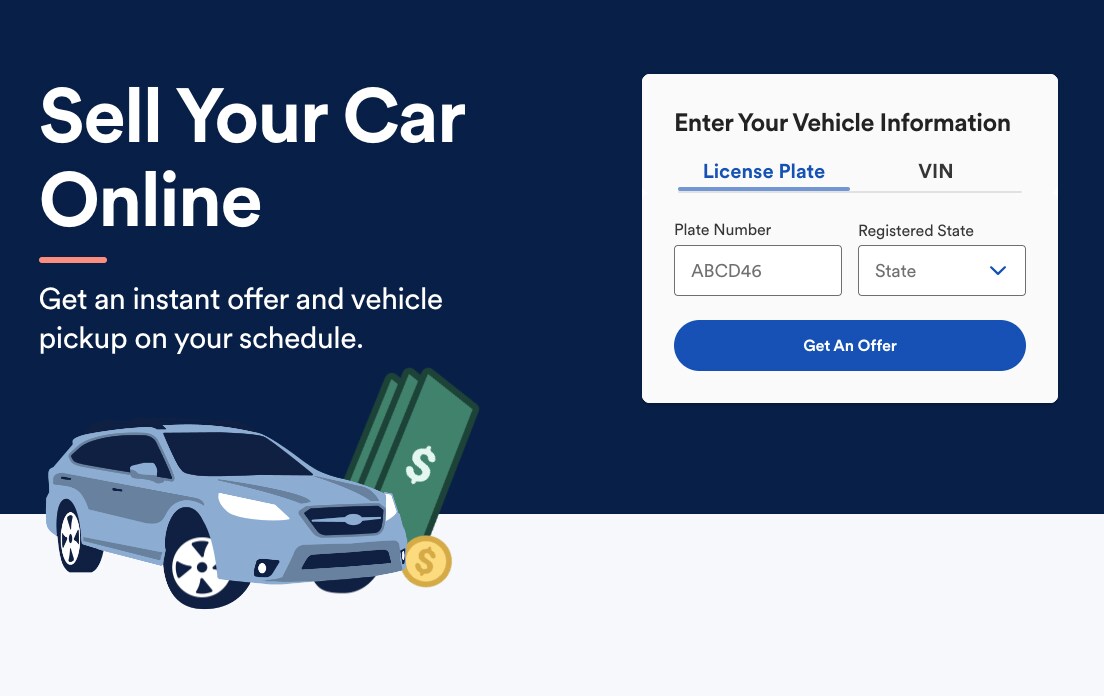
If you are selling to a dealership, they will research your car and have a very close idea of its value on the market, keeping in mind that they need to make a profit on the deal. It's a good idea to have your car priced at three different dealerships in your area. That way you can compare the price you are being offered and make a determination. It's a good idea to ask each dealership to guarantee the price quote for three days so you have a chance to field your offers.
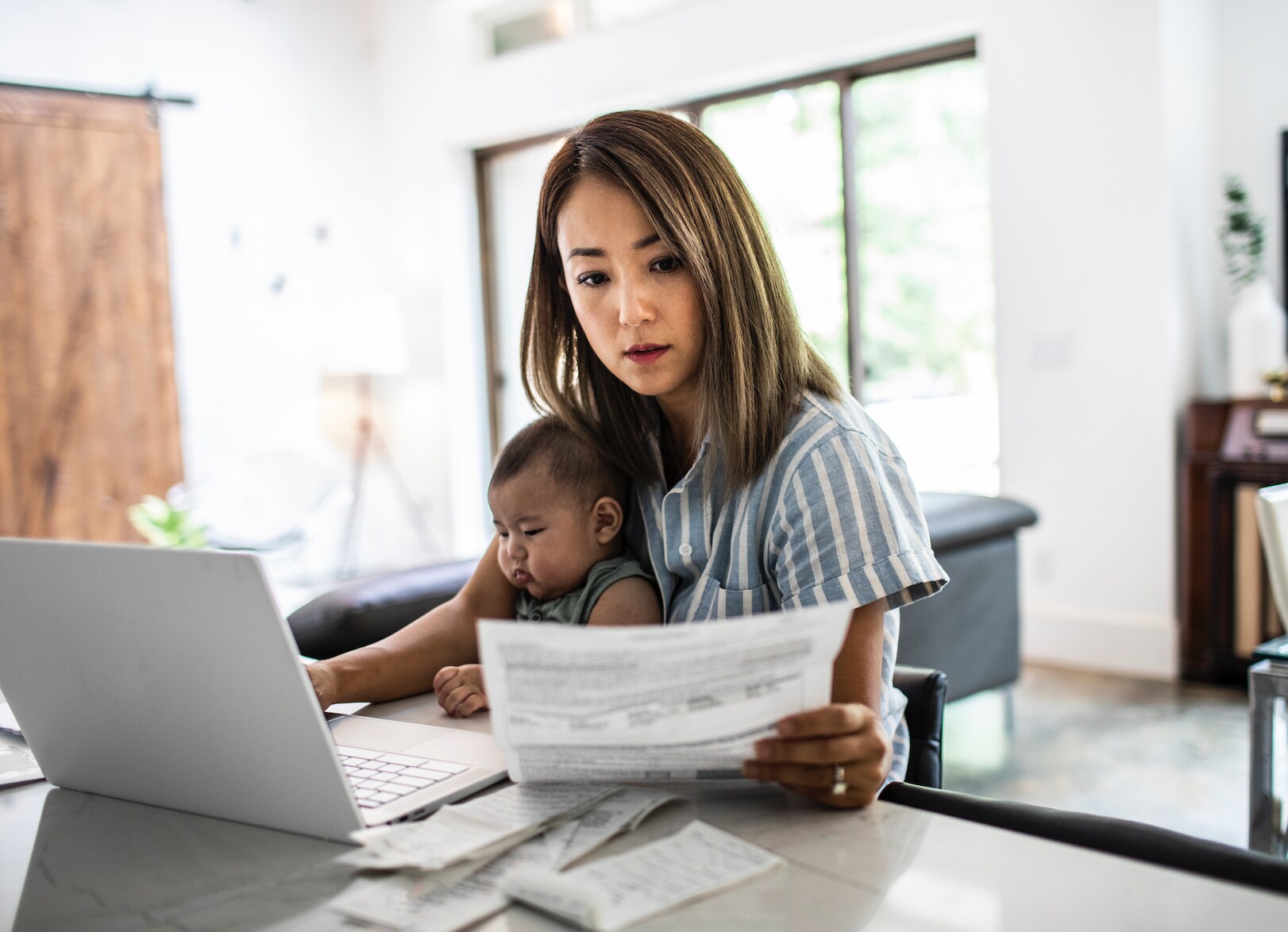
Get the Paperwork Together
To sell your car, you'll need the vehicle registration. If the vehicle is paid off and has no liens, you'll also need to present the clear title. If you are still making payments on the car, you'll need to get in touch with your lender to get any instructions to give the buyer.
If you are selling the car to a private person, you'll need to present the buyer with all service records to prove the car has been properly serviced and maintained. You'll also want to get a Vehicle History Report. This will prove that your car has not been in any accidents. You won't need the history report if selling to a dealer.
If you can't find your vehicle title, keep in mind that you'll have to go to the DMV to order a duplicate title and it will take two to six weeks to get one.
Handling Repairs
It's important to be up front and honest with prospective buyers when discussing anything that is wrong with the car you are selling. As for making mechanical repairs to the vehicle, it is good to take care of small repairs as long as they don't cost you an arm and a leg. For instance, replacing a busted headlight is fairly inexpensive or changing the oil and filter shows that you are up to date with maintenance. Presentation is important when you're selling a car. A good wash and wax job offers proof that you care, and first impressions make a big difference when a buyer first sees the car.
Before you put your car up for sale to a private person, it is an excellent idea to get the vehicle inspected by a third-party mechanic. If he or she discovers that the car needs a new belt or hose, have them replace what is needed. If the mechanic finds something more expensive such as a fuel pump and you decide not to replace it, at least you can honestly tell the buyer what they may need to replace or repair in the near future.
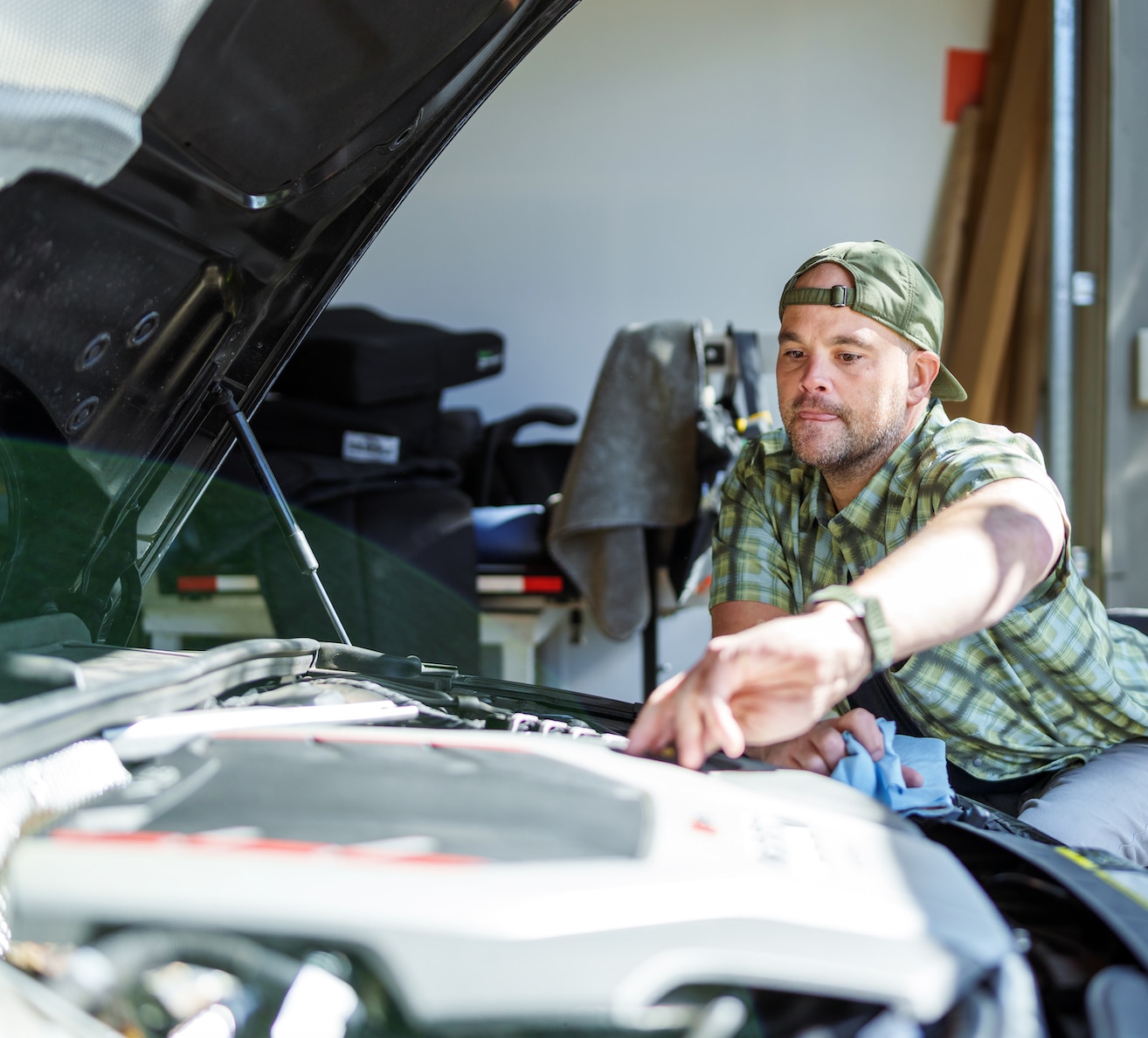
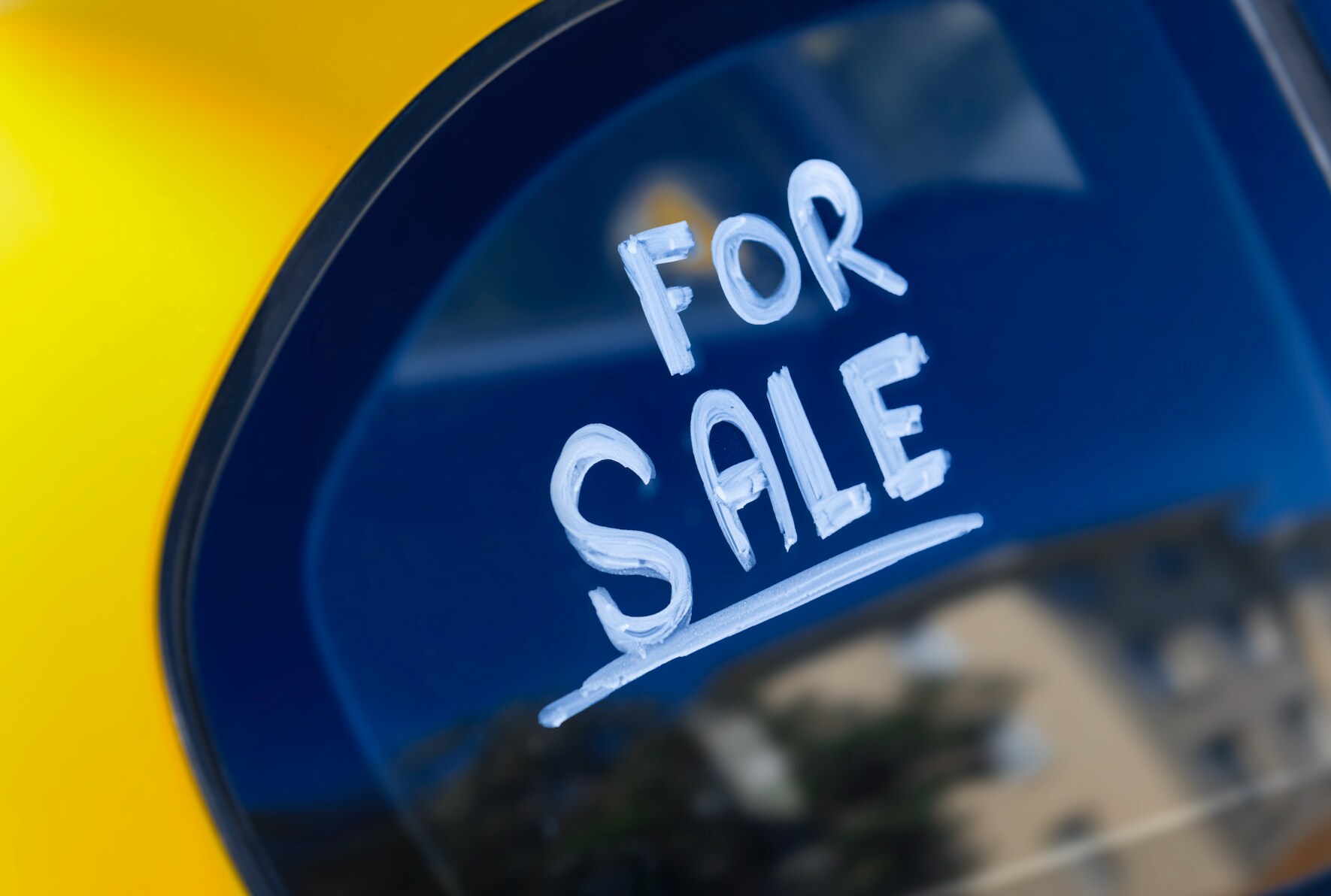
Placing an Ad
If you are selling to a dealership, you won't need to make up an ad for your car, but you will if selling to a private person. Give a complete description of the vehicle and be honest about its condition. Keep the ad copy short and simple. List the year, make and model as well as the current mileage. It's a good idea to answer questions in the ad that you know the buyer will want to know such as, "Car has a clean Vehicle History Report. No accidents or body damage." Let the buyer know how long you've owned the vehicle and why you're selling it. Maybe your family is growing and you need a bigger vehicle. That sort of thing.
Photos are very important, the more the better. Use your smartphone to do a walk around of the car. The more you can show the buyer what they are getting, the better. It shows proof that you're not trying to hide anything. When it comes to contact info, services that provide ads such as Autotrader will field all correspondence for you.
Finding the Right Buyer
Think about what you would want to know about a vehicle before making a purchase. Your job as the seller is to put the buyer at ease. If the potential buyer is serious, he or she will want to know why you are selling the car, how long you have owned it, and what problems you've encountered with it. Less serious buyers are typically less interested in the vehicle itself and more interested in the price. Such a buyer is trying the get the vehicle for the lowest possible price.
Remember, you set the price and don't be pushed around.
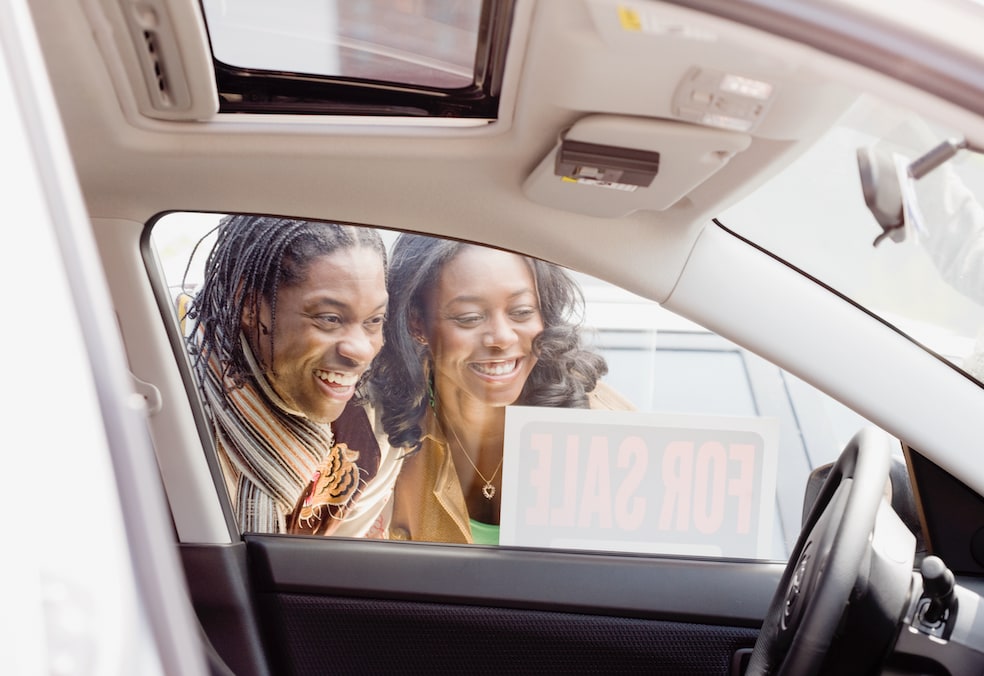

The Test Drive
When selling to a private party, as the seller, it is important that you set the place and time of the test drive. Find an area that is a public place you are familiar with. You want to do the test drive in a place that you feel comfortable with. It is best to bring a friend with you.
Closing the Deal
If the buyer is trying to get out to take less for the car, offer adjustments in small increments. For instance, if you have set the price of the car at $15,000 and you are offered $12,000, negotiate with the buyer at an adjustment of $14,500. Set for yourself a "rock bottom" price that you will hold firm at.
If the buyer wants to take the car to his mechanic before sealing the deal, go with them to answer any questions the mechanic might have. That way you can see if the mechanic is for real.

Once the price has been agreed to make sure you have the vehicle license and registration as well as service and maintenance records. Bring the keys and make sure you have taken all personal possessions out of the car. It is best to meet the buyer at this or her bank to be paid. Cash is always best, but at the bank, the buyer can also have a cashier's check made out to you. Never accept online payments apps or personal checks.
Let Lithia Help
The safest way to sell your car is through a Lithia Dealer. We will offer top value for your car, handle all the paperwork, and if you're trading in your old car, we'll get you on the road with your new vehicle, quick and easy. It's what we've been doing for over 75 years and there's a Lithia Motors dealer near you.


